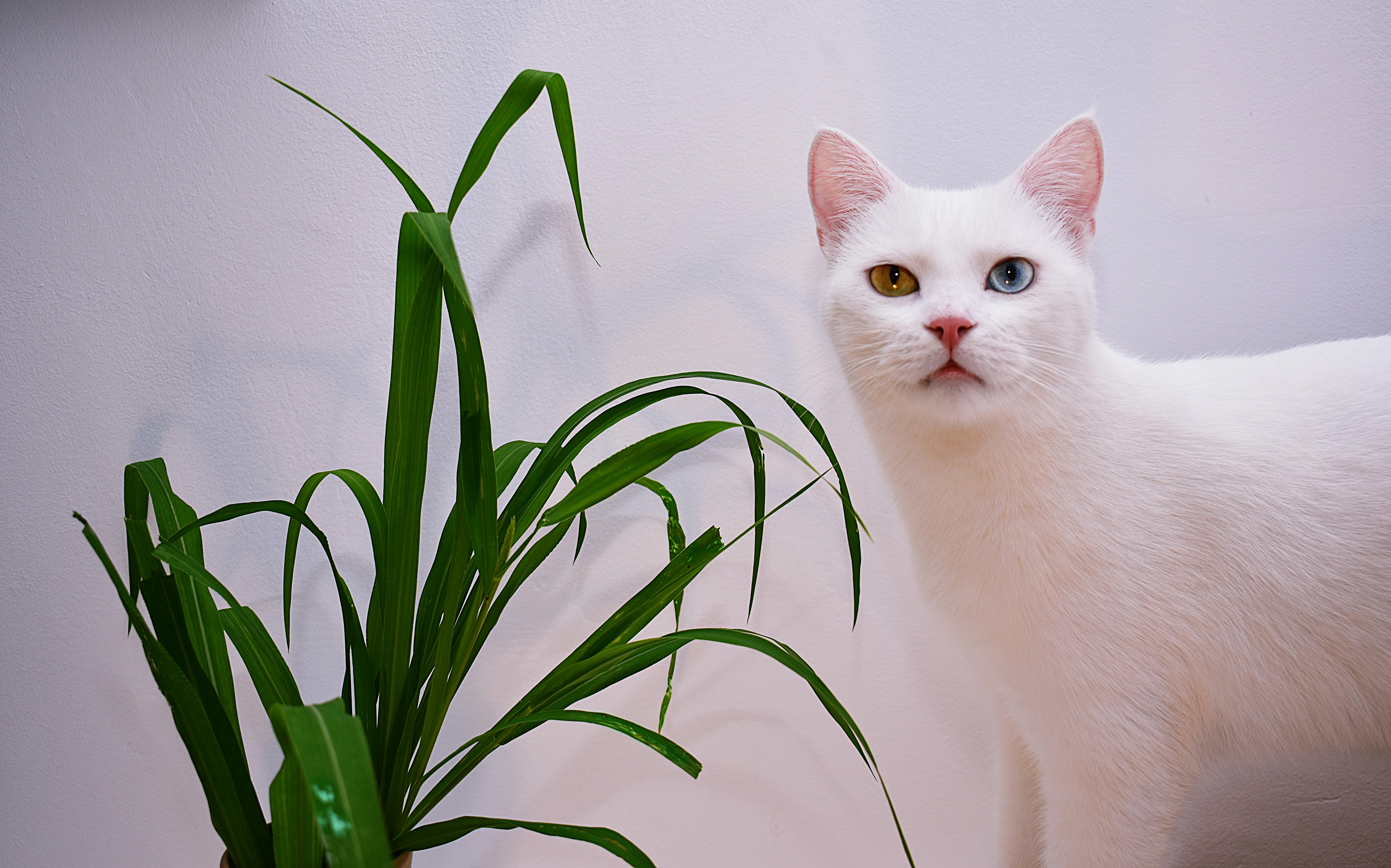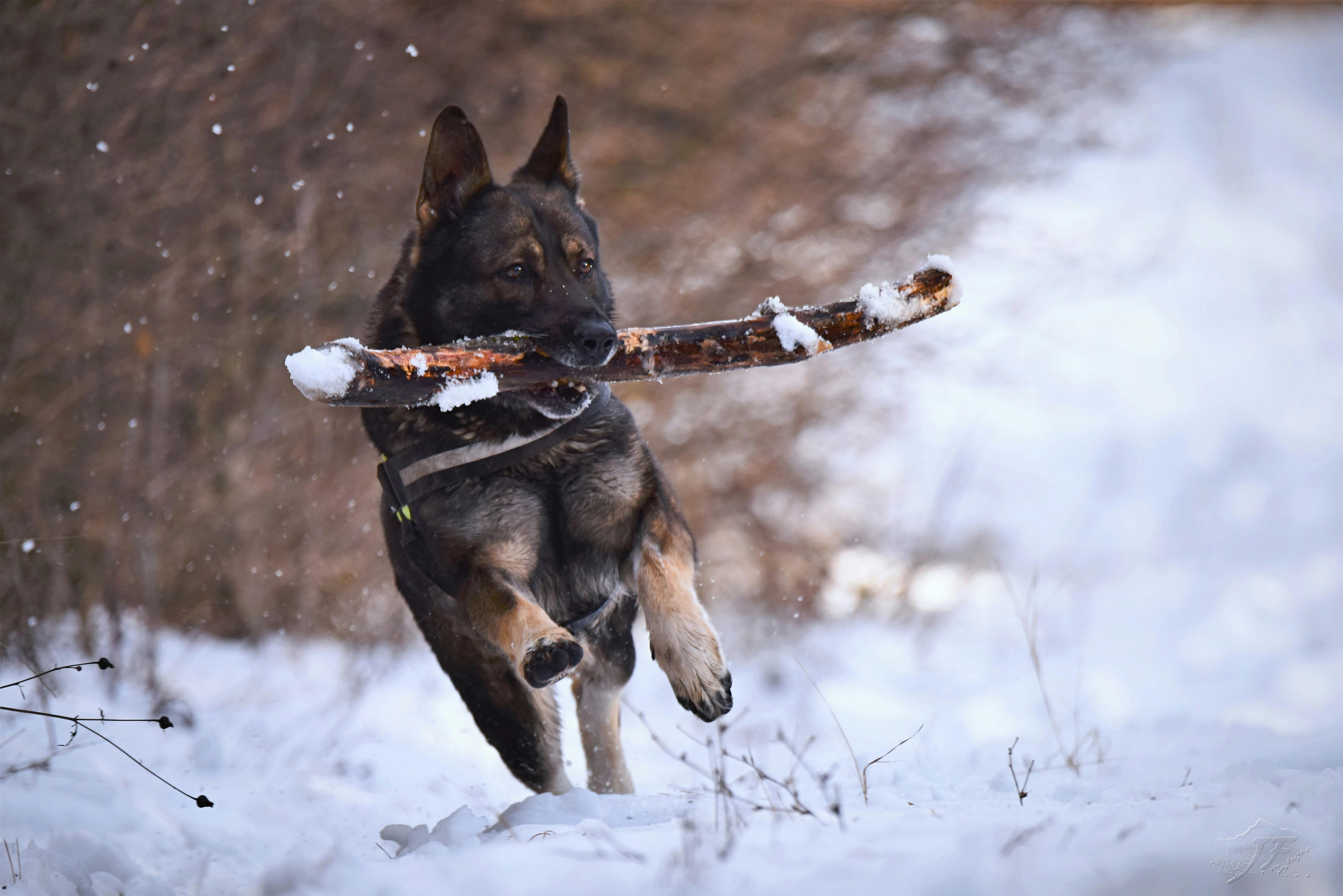Eating your own or another dog’s poop is not only a disgusting bad habit that many dogs have, but it can also be an indication of health problems.
Abnormal indigestive behavior, such as eating poop, rocks, iron, glass, ice, screws, gravel, dirt, or simply eating abnormal amounts of food, may be related to PICA (Pie-Kuh), constant ingestion of non-food material, or coprophagia ( cop). -ra-FAY-jee-a)–ingestion of feces.
According to The Merck Veterinary Manual, PICA and Coprophagia can be signs of behavioral problems, such as obsessive-compulsive disorders. However, some animal studies conducted by holistic veterinarians suggest that lack of nutrition may also be to blame.
Although your dog may be eating a well-balanced diet of wet and dry food, the ability of your dog’s digestive system to properly absorb the nutrients in the sucker may be less than adequate. Dogs are instinctively driven to scavenge or find food to supplement their needs, and will often turn to things like feces, vomit, and decaying meat to find these valuable nutrients.
Some foods that are difficult for a dog to fully digest, such as carrots and grain-based foods, can become a trigger for the dog to ingest feces. A low-carbohydrate, high-protein diet can help improve your dog’s ability to digest food and produce less palatable stools.
Many holistic vets suggest supplementing your dog’s diet with enzymes like those found in Prozyme. Others suggest using herbs such as ginger or cinnamon in small amounts (1/8 to 1/4 teaspoon) sprinkled on food to make stool less palatable. Adding pineapple, spinach, garlic and pumpkin, in small amounts, to your dog’s food can also help make the stool less desirable to eat.
If you have a dog that is eating your feces or the feces of other animals, you should first have them examined by a qualified veterinarian. Coprophagia may simply be due to a lack of nutrients; however, there are many other possible causes, including exocrine pancreatic insufficiency (the inability of the pancreas to produce enough digestive enzymes), pancreatitis (an inflamed pancreas), and intestinal infections.
While the feces can provide the nutrients the dog is seeking, it can also contain parasites such as roundworms or whipworms and can lead to other, more serious medical conditions.
There are three types of coprophagia:
Autocoprophagy: When a dog participates in eating its own feces.
Intraspecific coprophagia: when a dog eats the feces of another animal of its own species.
Interspecific coprophagia: When a dog participates in the ingestion of feces from another species of animal, such as cat feces or deer and rabbit droppings.
Other reasons for a dog to eat feces include the need for attention (even if it is to be disciplined by its owner), imitating other animals that eat feces, following the maternal instinct to clean, or simply not being fed enough to satisfy its appetite .
Whatever the reason, it may be more than just a disgusting habit and should be investigated to ensure your dog’s health.


